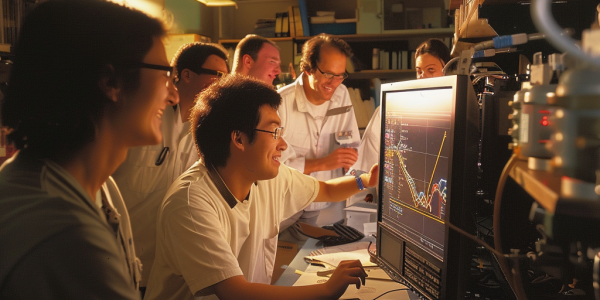Nuclear Clocks: A New Era in Precision Timekeeping
Nuclear clocks, a groundbreaking advancement in timekeeping, promise to exceed the accuracy of traditional atomic clocks by tenfold. This innovation could revolutionize GPS navigation and space exploration, offering unprecedented precision by measuring time based on atomic nuclei energy levels. As research progresses, nuclear clocks may redefine standards across various fields, impacting everything from telecommunications to fundamental physics.
Breakthrough in Nuclear Physics: Thorium-229 Nucleus Detected, Paving Way for ‘Nuclear Clock’
A groundbreaking discovery at JILA in Boulder, Colorado, has led to the successful detection of a signal from the thorium-229 nucleus, marking the dawn of the ‘nuclear clock.’ This unprecedented achievement in nuclear physics, celebrated by the research team, promises to unravel fundamental constants and reshape our understanding of time and the universe. With extraordinary precision, this measurement opens new avenues for exploring the stability of physical laws, heralding an exciting era in scientific exploration.
Revolutionizing Precision Timekeeping with Parallel Quantum Control
The field of precision timekeeping has been revolutionized by optical atomic clocks, known for their exceptional accuracy and technological advancement. A recent study by Adam Shaw and his team, published in Nature Physics, introduces a new approach, the parallel quantum…



